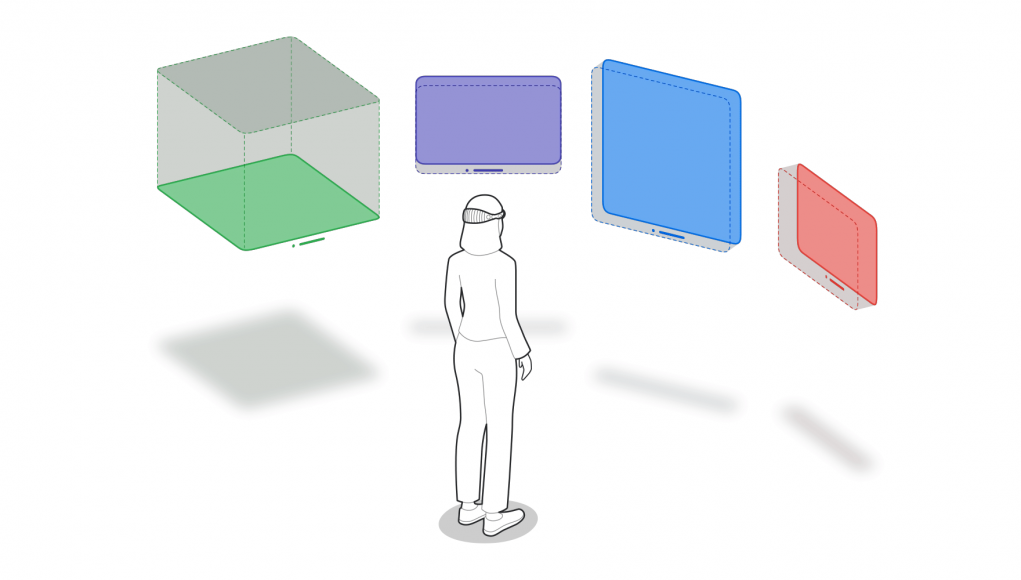In a rare move, Apple is directly adding support for its visionOS platform to the Godot open-source game engine. The move expands the range of tools that developers can use to build content for the headset.
Like the popular Unity and Unreal game engines, Godot is a collection of development tools that make it easy for developers to build real-time games and applications. Unlike the other two, Godot is fully open-source, meaning anyone can use the engine and distribute games built with it free of charge. Because it’s open source, developers can also contribute features and fixes to the engine for all to use.
In a rare move for Apple, the company is directly adding visionOS support to Godot, making it possible for developers to build and distribute Vision Pro content with the engine.
Apple software engineer Ricardo Sanchez-Saez recently shared the company’s plans to add visionOS support to Godot as an open-source contribution. He said the feature would come in two major parts, with the first set to allow games built with Godot to run in flat windows on visionOS, and a second to add support for building fully immersive visionOS applications with the engine.
Because of the open-source process, it will take some time for Apple’s contributions to get rolled into the production version of Godot, and there’s no hard timeline for the completion of the project.
Godot will join the likes of Unity, Unreal Engine, and first-party Apple tools like X-code, and Reality Composer Pro as a way for developers to build applications for Vision Pro.
Godot can also be used to build apps for major VR platforms like Quest and PC VR.







